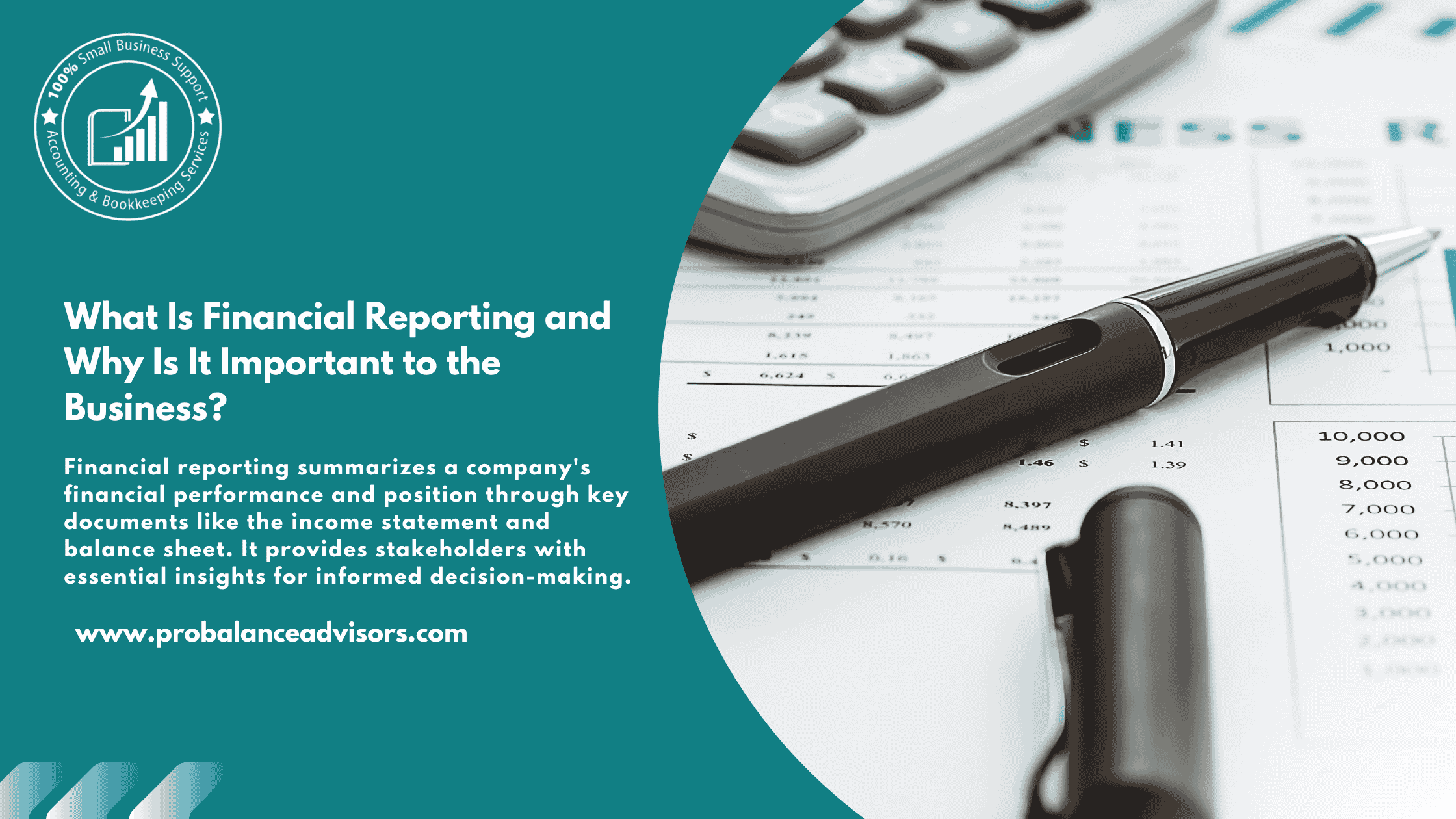
Poor financial management is one of the key factors that has led to the failure of 90% of the startups. This is because it is only possible to make informed decisions, attract potential investors, and maintain transparency with structured financial data. This is where financial reporting comes into play! It keeps you updated about the economic health of your business. If you want to avoid being in 90% of the business mentioned above, keep reading the article to know what financial reporting is and what it brings to the table.
What is Financial Reporting?
Financial reporting is compiling a company’s financial data into structured reports. It is indicative of a company’s economic health. Financial reporting comes in two forms: external financial reporting and internal financial reporting. External financial reporting is done for people outside your business, such as investors, banks, and taxation departments. On the other hand, internal financial reporting is done for people inside the industry, such as owners, to make decisions about the company’s future.
What Does Financial Reporting Include?
Balance sheet
A balance sheet, in simple words, is the picture of a business’s financial status. It helps to know a business’s net worth by calculating the stakeholders’ business assets, liabilities, and equity.
Income statement
An income statement is a summary of the business’s total revenue, expenses, loss, and profile. It helps the business understand its profit-loss situation and improve its operations by reducing unwanted expenses and losses!
Statement of cash flow
As the name indicates, a statement of cash flow is the report of cash inflows and outflows over a specific period of time. The statement of cash flows predicts the sustainability of the company. For example, if the cash flows are greater than the inflows, then the specific amount of cash flows craft a clear picture of the extent to which the business can survive if the condition doesn’t improve.
Statement of Shareholders’ Equity
The statement of shareholders’ equity shows how the value of a company’s shareholders’ ownership changes over time. It helps investors understand the value of their investments.
Advantages of Financial Reporting
If you still need help understanding the benefits of financial statements in financial reporting, let us explain the advantages in simple words!
Helps to Make Informed Decisions
Financial reporting keeps you updated about your business’s economic status over a specific period of time. It helps you make crucial decisions for your business, such as whether the time is right to invest more in the company or improve current operations to cut down losses.
Helps to Maintain the Transparency
Financial reporting helps you maintain transparency for investors who need to know everything about a company’s economic conditions. The more transparent and educated you are about your business’s financials, the more potential investors you will attract.
Keep Your Business Tax-compliant
Financial reporting also helps you determine if you abide by taxation rules and regulations. Not only this, it also enables you to check that you are not overpaying the taxes.
Determine the Sustainability
Financial statements help you determine the sustainability of your business by evaluating liabilities, assets, cash inflows, outflows, expenses, and all other factors. They also help you plan a budget accordingly.
Conclusion
Financial reporting helps businesses stay compliant and attract potential investors. It also lays the foundation of a business. The process may be complex, but it streamlines operations and ensures the sustainability of the business. Fortunately, we live in a digital era, and there are many tools available on the internet. Explore the options and see which one works best for you!







